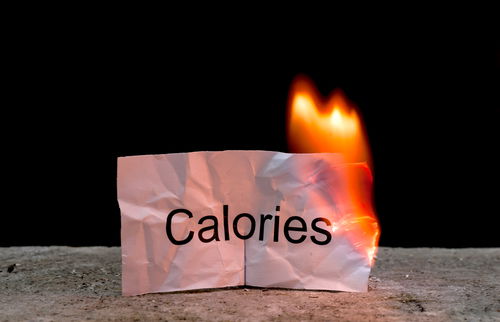Launch Fat Burning with Fewer Carbohydrates

If you are considering a fat-restricted diet plan, increase your intake of vegetables, fruits and whole grains. These whole foods are naturally lower in fat. Moreover, you should also avoid refined foods and those high in simple sugars, including sugary drinks and sugar-sweetened sodas. Typically, fat-restricted diets limit the fat intake to less than 50 grams per day. At nine calories per gram, fats contain three times the calories per gram of weight than protein or carbohydrates. Salsa made with natural ingredients like tomatoes, peppers, cilantro, onions, parsley and lime juice or other vegetables is a great fat-free condiment that can spice up a meal. But, don’t forget to practice portion control with all the foods you eat.
Good Carb Choices Can Reduce Health Risks
Due to hundreds of taste buds dedicated to tasting sweetness, a preference for sweets starts at a very early age and is often very powerful. However, the role of sugar in our diet is highly controversial. Healthier carbohydrates offer benefits such as:
- Unprocessed carbohydrates are healthier carbs. Since natural ingredients are not removed during a manufacturing process. Examples include whole grain breads, beans, cereals, whole wheat flour, vegetables and fruits.
- Good carbohydrate choices help reduce your risk of heart disease and diabetes as well as help prevent obesity and keeps your digestive system well balanced and functioning optimally.
- Slowly digested carbohydrates ensure your body can use the food you eat as energy over several hours. Moreover, slowly digested foods result in a gradual increase in blood sugar to prevent over-production of insulin.
In food products, sugar has many functional properties that range from preventing spoilage to balancing acidity and has been used in recipes for ages. Nonetheless, your intake of simple carbs must be managed.
Fat Cells Have Unlimited Fat Storage
To launch a fat-burning state, keep your blood sugar level as low as possible for as long as possible. That will ensure nothing gets in your body’s way of peak fat metabolism. If your cells do not need energy, glucose will be converted and shoved into your fat cells for storage. A major problem that results from an excess of stored fat is that your body’s fat cells are not functioning as efficiently. That means you are storing unused energy at a higher rate and burning it at an abnormally slow rate. In turn, these overstuffed fat cells cause an imbalance in hormone production. When food was less accessible, fat storage worked well as excess energy was stored in small molecular packets called fatty acids. Fatty acids were in turn released into the bloodstream to be used to fuel muscles and other organs.
By submitting this form, you agree to receive marketing text messages from us at the number provided, including messages sent by autodialer. Consent is not a condition of any purchase. Message and data rates may apply. Message frequency varies. Reply HELP for help or STOP to cancel. View our Privacy Policy and Terms of Service.

